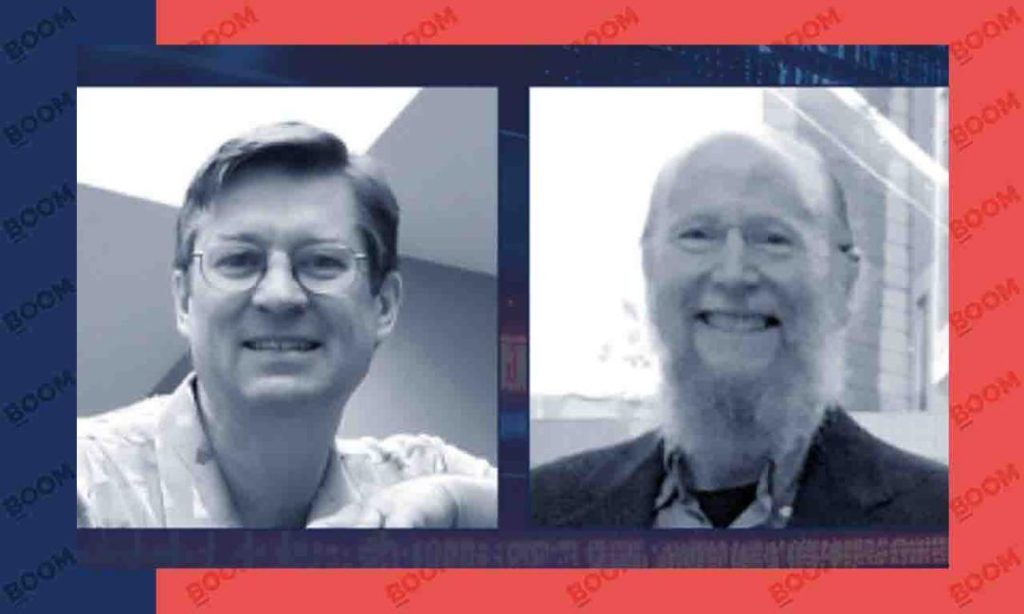
Barto & Sutton win 2024 Turing Award for AI breakthroughs
The 2024 Turing Award, often referred to as the “Nobel Prize of computing,” has been awarded to Andrew Barto and Richard Sutton for their pioneering work in reinforcement learning, a crucial technique in artificial intelligence (AI) that enables machines to learn from rewards. This recognition is a testament to their decades-long contributions to machine learning and AI, shaping the field in profound ways.
Reinforcement learning is a type of machine learning where an agent learns to take actions in an environment to maximize a reward. This approach has far-reaching applications in areas such as robotics, game playing, and autonomous vehicles. The work of Barto and Sutton has been instrumental in developing temporal difference learning, a key component of reinforcement learning.
Andrew Barto, a professor emeritus at the University of Massachusetts Amherst, and Richard Sutton, a professor at the University of Alberta, have been at the forefront of AI research for over four decades. Their collaboration has yielded numerous groundbreaking papers and has had a significant impact on the field.
The Turing Award, established in 1966, is presented annually by the Association for Computing Machinery (ACM) to recognize outstanding contributions to the field of computer science. The award is considered the highest honor in the field of computer science and is given to individuals who have made significant contributions to the development of computing.
In a statement, the ACM said, “Andrew Barto and Richard Sutton are being recognized for their foundational work on temporal difference learning, which has revolutionized the field of reinforcement learning. Their research has had a profound impact on the development of AI and has enabled machines to learn from rewards, leading to a wide range of applications in areas such as robotics, game playing, and autonomous vehicles.”
Barto and Sutton’s work on temporal difference learning has been instrumental in enabling machines to learn from rewards. Their research has focused on developing algorithms that can learn from trial and error, allowing machines to adapt to new situations and environments.
The duo’s contributions to AI have been far-reaching, and their work has been recognized by the wider scientific community. In 2018, Barto and Sutton were awarded the IEEE Neural Networks Society’s Neural Network Pioneer Award for their contributions to the development of neural networks.
The impact of Barto and Sutton’s work extends beyond academia, with their research being applied in various industries. For example, reinforcement learning has been used in robotics to enable robots to learn new tasks and adapt to changing environments. In the gaming industry, reinforcement learning has been used to develop AI-powered game playing agents that can learn from experience and adapt to different situations.
The recognition of Barto and Sutton’s work is a testament to the importance of AI research and its potential to transform various industries. Their contributions have paved the way for further innovation and have opened up new avenues for research in AI.
In conclusion, the 2024 Turing Award is a well-deserved recognition of Andrew Barto and Richard Sutton’s groundbreaking work in AI. Their research has had a profound impact on the field of AI and has enabled machines to learn from rewards, leading to a wide range of applications in areas such as robotics, game playing, and autonomous vehicles.






